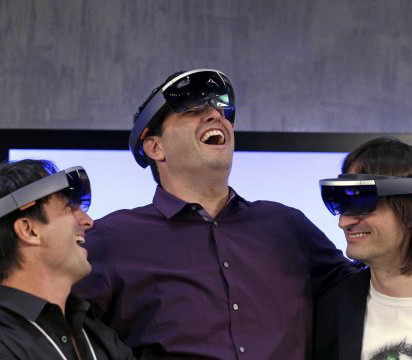New factory tech tested
 High-tech factory workers of the future may depend on augmented reality to manage workflows and troubleshoot remotely.
High-tech factory workers of the future may depend on augmented reality to manage workflows and troubleshoot remotely.
New technology is expected to be employed by future generations of shipbuilders, according to experts from Flinders University.
Recent trials of augmented reality head-mounted display modules (AR-HMD) technologies aimed at enhancing productivity by reducing and correcting errors in advanced manufacturing and assembly have shown promise.
These trials are being used to improve software, tracking, and other features of these devices, as noted in a recent article published in the journal Ergonomics.
“Despite … technology adoption being promoted to stimulate manufacturing flexibility and competitiveness, Australia has been slow to adopt it,” says Dr Valerie O’Keeffe, a Senior Researcher in Human Factors at Flinders University.
“The Australian Navy Hunter Class Frigate Program provides an opportunity for accelerating technology adoption to improve productivity and workforce skills in a traditional, complex and vital industry.”
The research study focused on the 'AR-HMD Hololens 2' in a simulated manufacturing workflow to understand shipbuilders’ user experience and workload.
This involved tasks such as electrical assembly, inspection, and quality assurance, with the aid of a collaborative robot fitted with a visual inspection camera.
Conducted at the Osborne Naval Shipyard with the support of industry partner BAE Systems Maritime Australia, the study demonstrated that AR-HMD could integrate advanced technologies while minimising the burden on end users.
Dr O’Keeffe highlights the potential of AR-HMD for fast-tracking learning and building skill levels in a workforce facing skilled labour shortages.
The study's findings suggest encouraging levels of technology acceptance and motivation within the workforce, with the potential to promote learning and productivity across various heavy industries, not just shipbuilding.
This could significantly impact how advanced manufacturing processes are managed and optimised in the future.








 Print
Print